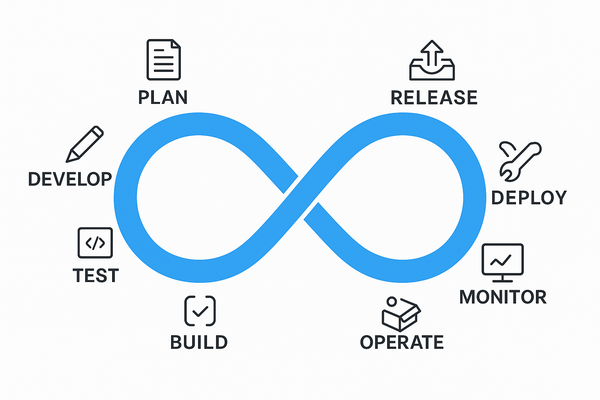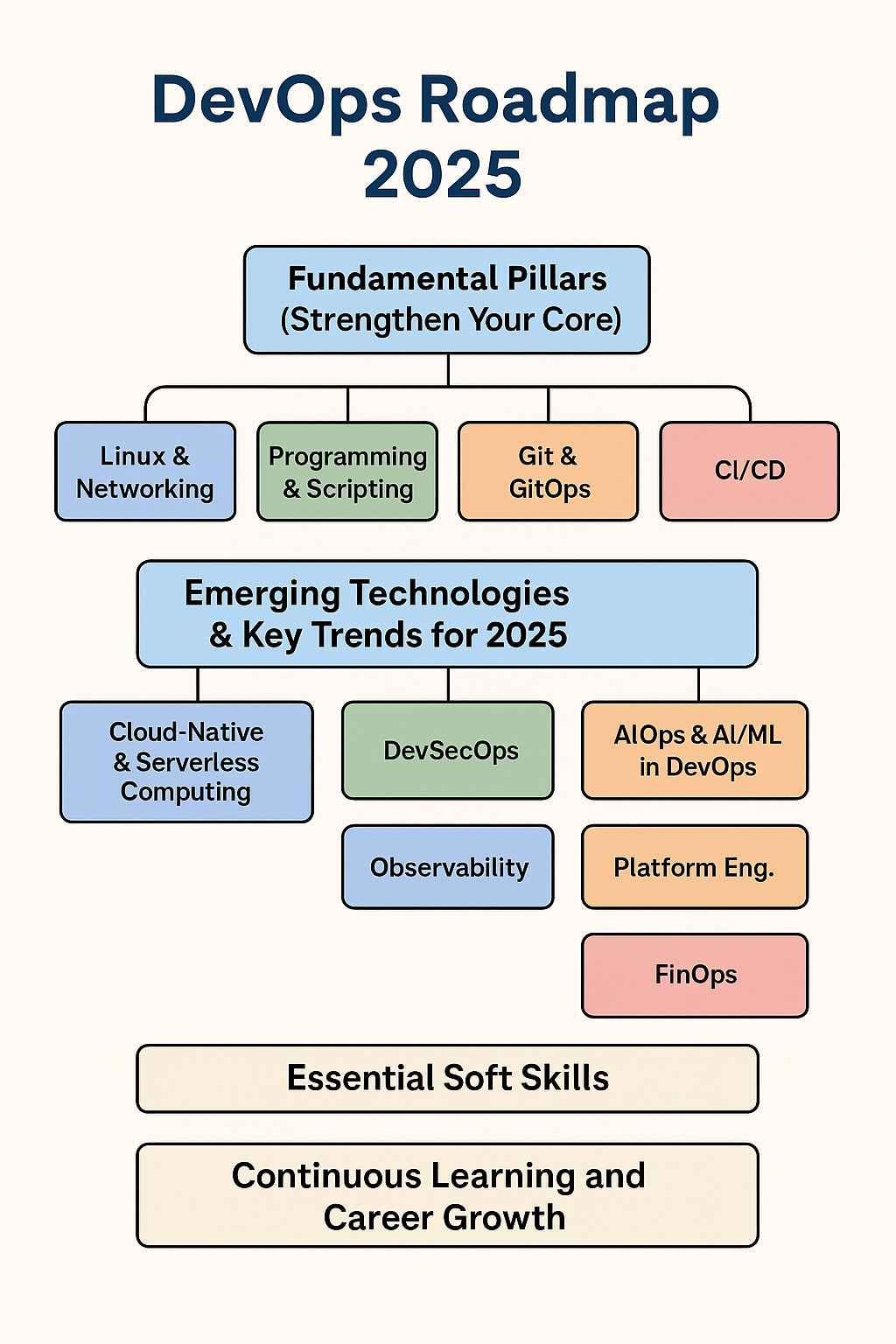DevOps and Site Reliability Engineering (SRE) have overlapping goals but differ significantly in focus, responsibilities, and approaches. we will see DevOps vs SRE differences in this article.
Key Differences
Focus:
- DevOps focuses on the entire software development lifecycle, emphasizing collaboration between development and operations to deliver features quickly and reliably.
- SRE focuses narrowly on system reliability, scalability, and stability in production, ensuring that changes do not increase failure rates or disrupt user experience.
Responsibilities:
- DevOps teams build and deploy new features, streamlining development and deployment pipelines with continuous integration and delivery practices.
- SRE teams ensure production systems remain highly available and performant, using engineering practices to automate operations, monitor production, and handle incidents proactively.
Objectives:
- DevOps aims to accelerate product development and delivery to meet customer needs.
- SRE aims to maintain service uptime and reliability, often setting and enforcing service-level objectives (SLOs) and error budgets.
Team Structure:
- DevOps teams integrate roles across software development and operations.
- SRE teams consist of engineers skilled in both software and operations, focusing deeply on reliability engineering.
Approach to Failures:
- DevOps is more reactive, fixing problems as they appear and focusing on fast delivery.
- SRE is proactive, analyzing root causes, performing chaos engineering, and preventing failures before they occur.
When to Use Each
- Use DevOps when you want to improve collaboration between development and operations, speed up software delivery, and implement continuous integration/delivery pipelines.
- Use SRE when your priority is to maintain high reliability and availability of systems at scale, reduce downtime, and manage operational risk through data-driven reliability engineering practices.
Main Differences: DevOps vs SRE
| Feature | DevOps | SRE |
|---|---|---|
| Primary Goal | Speed & Delivery | Reliability & Stability |
| Main Focus | Entire SDLC (plan → deploy) | Production systems |
| Mindset | “Move fast” | “Don’t break things” |
| Approach to Issues | Reactive + Continuous improvement | Proactive + Automated |
| Key Metrics | Deployment frequency, delivery time | Uptime, error rate |
| Who does it? | Developers + Ops teams | Specialized reliability engineers |
In essence, DevOps defines the broad culture and practices for faster development and deployment, while SRE applies engineering rigor to keep those deployed systems reliable in production. Organizations often integrate both for achieving fast, stable, and scalable software delivery
Final Thoughts
DevOps + SRE Better Together
Here’s the secret:
Most organizations don’t choose one over the other.
DevOps = culture + speed
SRE = discipline + reliability
Together, they create a balanced system:
- DevOps pushes updates quickly
- SRE ensures updates don’t break the system
Fast + Stable = Happy Users + Happy Business
Next Steps :
- Follow our DevOps tutorials
- Explore more DevOps engineer career guides
- Subscribe to InsightClouds for weekly updates
- Devops tutorial :https://www.youtube.com/embed/6pdCcXEh-kw?si=c-aaCzvTeD2mH3Gv



